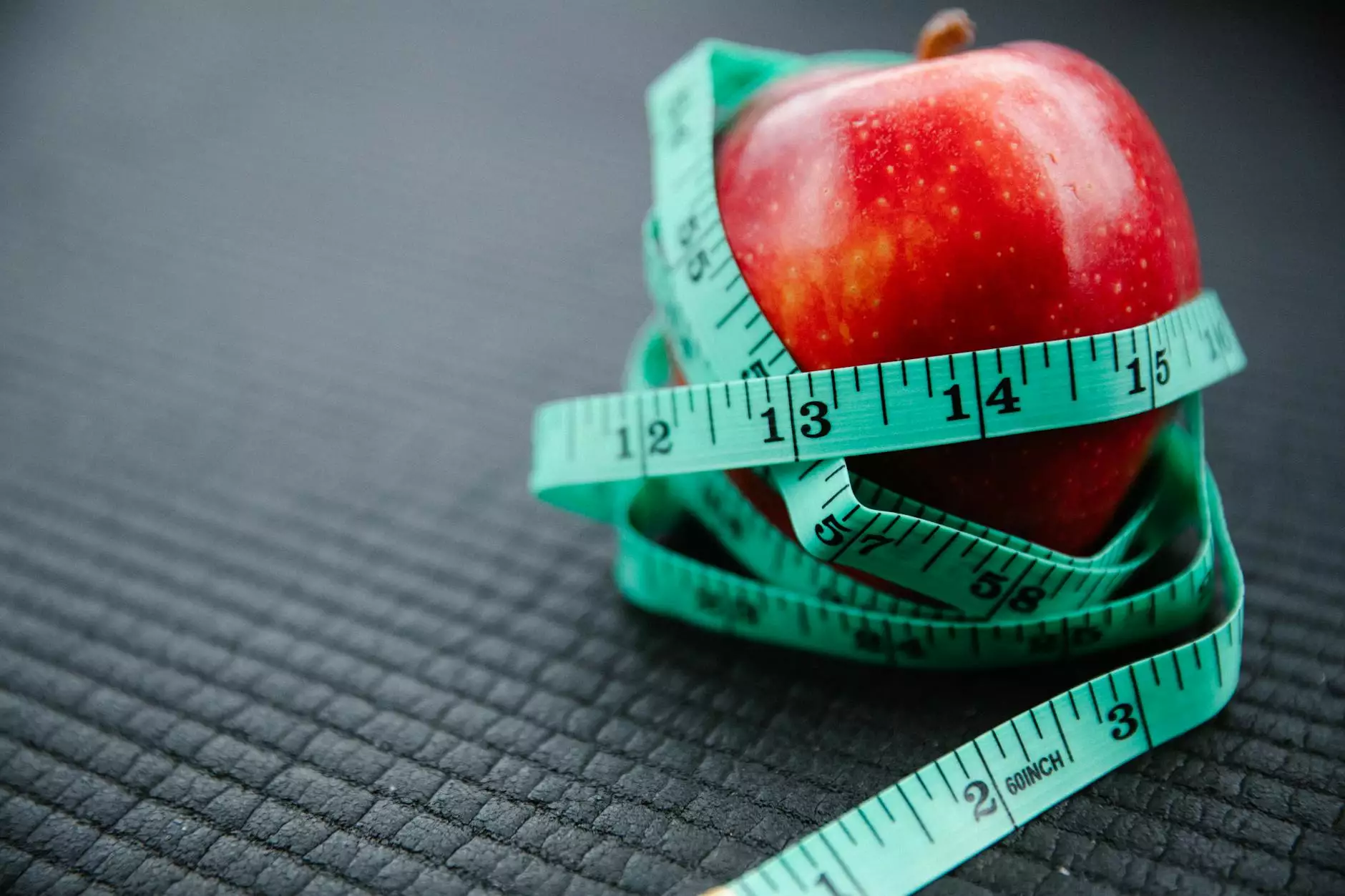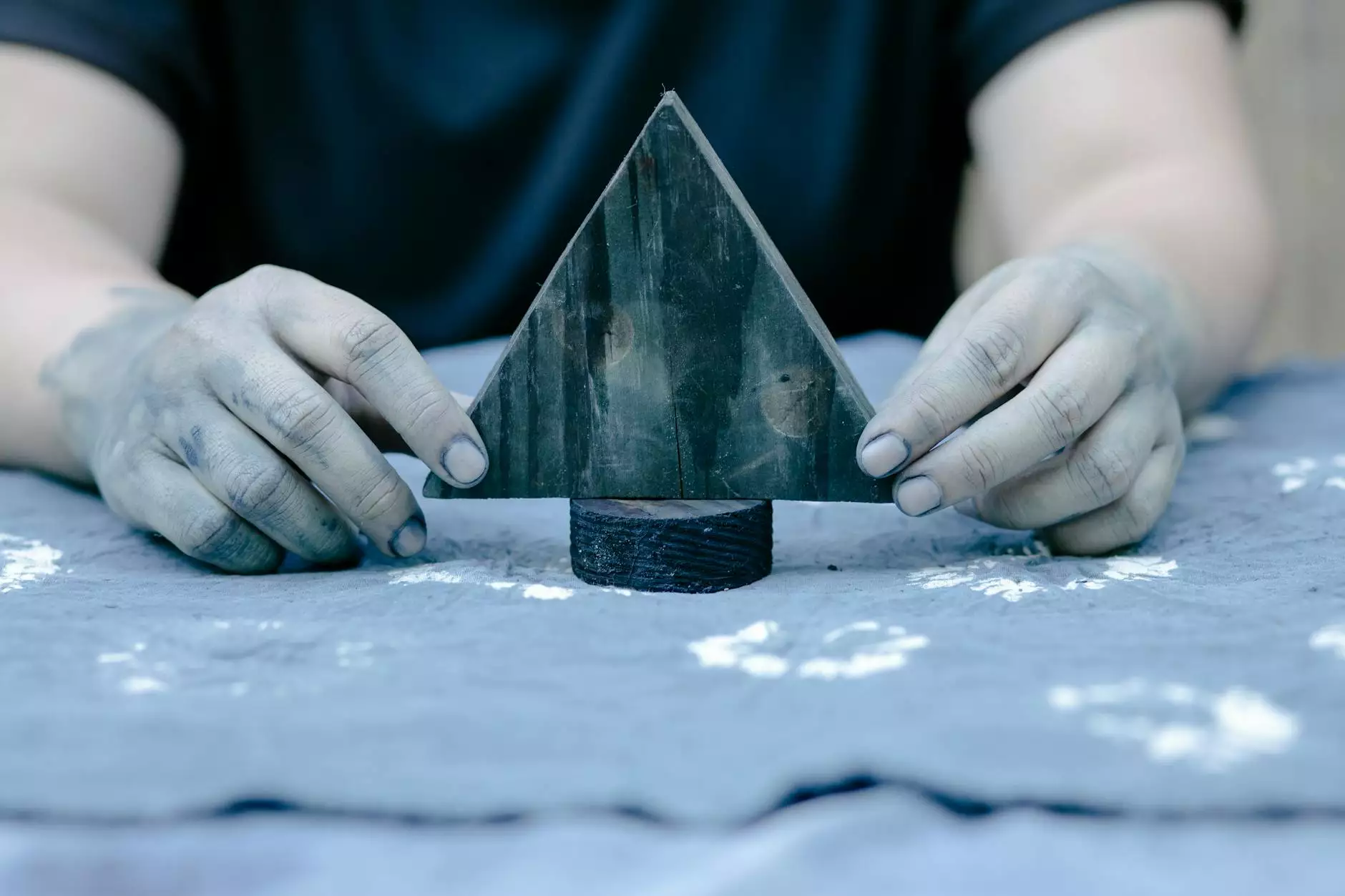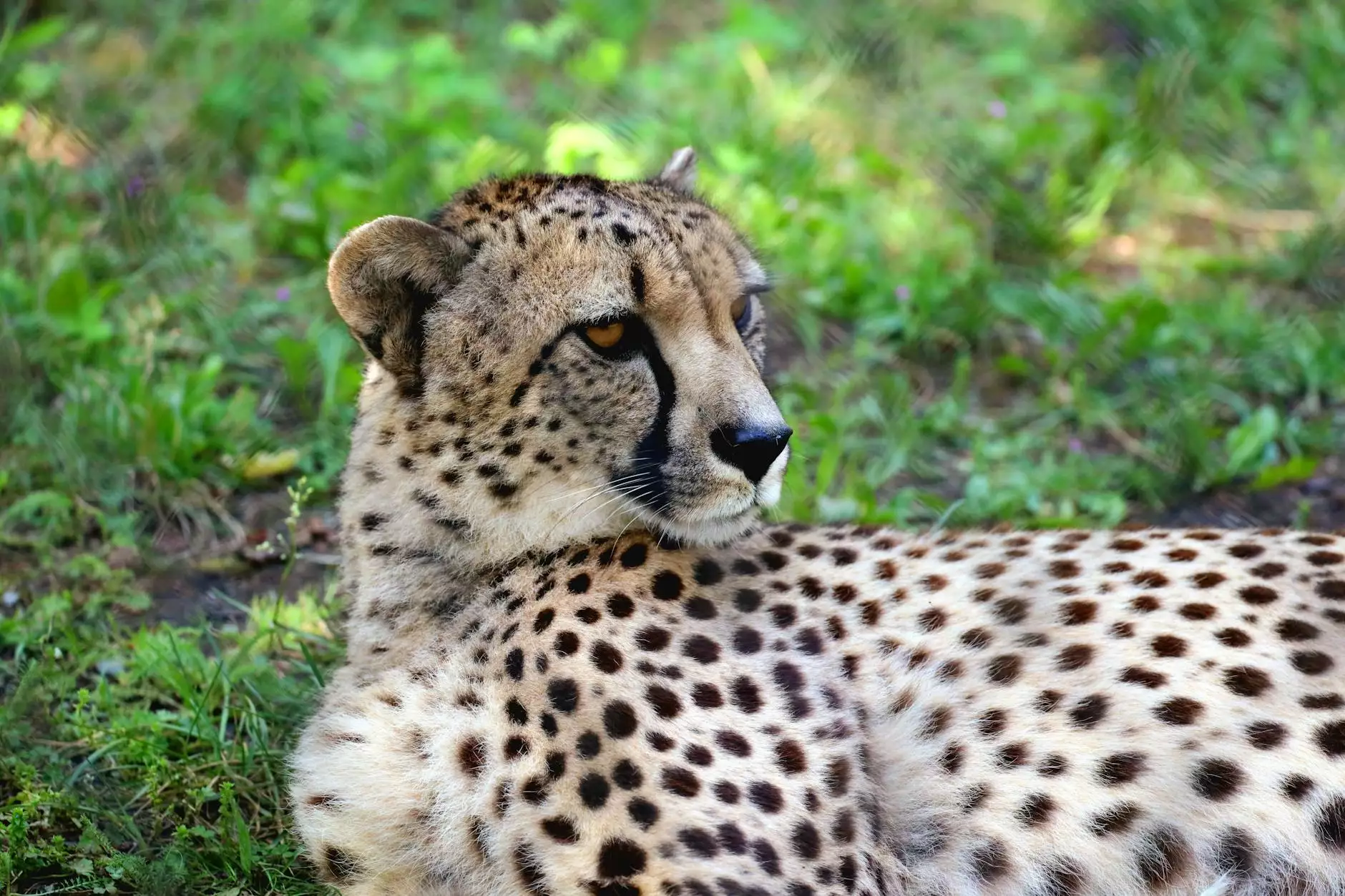Understanding Brazil Sugar Price: Insights for Importers and Suppliers

The sugar market is a dynamic sector that plays a pivotal role in global trade, particularly when it comes to commodities like Brazilian sugar. Understanding the current trends and fluctuations in the brazil sugar price is essential for businesses looking to import or supply sugar. In this comprehensive article, we will delve into the various factors that influence sugar prices in Brazil, analyze recent trends, and discuss the opportunities for suppliers in this lucrative market.
The Dynamics of the Sugar Market in Brazil
Brazil is the world's largest producer and exporter of sugar, accounting for a significant portion of the global supply. The production primarily comes from sugarcane, which is cultivated extensively in various regions of Brazil. The dynamics of Brazil sugar price are influenced by a multitude of factors, including:
- Weather Conditions: Fluctuations in climate can significantly impact sugarcane yields.
- Global Demand: Changes in global consumption patterns affect sugar prices. For instance, increasing demand from countries like India and China can drive prices up.
- Exchange Rates: Since sugar is traded globally, fluctuations in currency values can influence prices.
- Government Policies: Subsidies, tariffs, and trade agreements can have a profound effect on the price of sugar.
- Production Costs: The cost of labor, energy, and raw materials can affect profitability and pricing.
Current Trends in Brazil Sugar Price
As of 2023, the brazil sugar price has shown notable trends that both suppliers and importers should be aware of. Recently, prices have been affected by:
1. Supply Chain Challenges
The ongoing global supply chain disruptions have caused delays and increased costs in importing sugar. Transport logistics, bottlenecks at ports, and rising freight charges have all contributed to the volatility in sugar pricing.
2. Increasing Domestic Consumption
Brazil's growing population and economy have led to increased domestic consumption of sugar. This trend puts additional pressure on the already high demand in the export markets.
3. Sustainability Initiatives
With the rise in eco-consciousness, many producers are shifting towards sustainable farming practices. While this is beneficial for the environment and can lead to higher-quality sugar, it may also increase production costs in the short term, thereby affecting market prices.
Factors Influencing Brazil Sugar Price
Several critical factors determine the sugar prices in Brazil and, consequently, the brazil sugar price. Understanding these can help stakeholders make informed decisions:
1. Seasonality of Production
Brazil's sugar industry is seasonal, with harvesting typically occurring from April to November. During the off-season, prices may increase due to reduced supply, while ample harvest periods usually lead to lower prices.
2. International Sugar Prices
The prices of sugar in Brazil are closely linked to international market rates. As Brazil exports a large portion of its sugar, any global price changes can have a ripple effect on local prices.
3. Biofuel Demand
Molasses from sugarcane is increasingly being used to produce ethanol, a biofuel. The demand for ethanol can affect sugarcane production decisions, which in turn can influence the brazil sugar price.
4. Market Speculation
Like other commodities, sugar prices are also influenced by market speculation. Traders and investors, anticipating future events (like harvest outcomes or geopolitical issues), can drive prices up or down.
Challenges Facing Sugar Suppliers in Brazil
While the sugar market in Brazil offers numerous opportunities, it's not without its challenges. Suppliers must navigate several hurdles:
- Regulatory Issues: Compliance with both domestic and international regulations can be complex and time-consuming.
- Price Volatility: Suppliers often face financial uncertainty due to fluctuating prices, which can impact margins.
- Access to Funding: Many smaller suppliers struggle with financing, making it difficult to expand operations or invest in new technologies.
- Competition: The sugar market is competitive, with numerous players vying for market share both locally and internationally.
Opportunities in the Brazilian Sugar Market
Despite the challenges, the Brazilian sugar market presents significant opportunities for savvy investors and suppliers. Here are some areas ripe for exploration:
1. Export Markets
With Brazil being a top exporter, there are vast opportunities for suppliers to tap into new international markets. Understanding foreign market demands and adapting to their preferences can enhance profitability.
2. Organic and Specialty Sugars
The demand for organic and specialty sugars is on the rise. Suppliers who can offer unique products, such as organic raw sugar or specialty blends, may find lucrative niches in the market.
3. Technological Advancements
Adopting innovative agricultural techniques and technologiescan improve yields and reduce costs. Suppliers are encouraged to invest in research and development to stay ahead of the curve.
Conclusion: Navigating the Future of Brazil Sugar Price
In conclusion, understanding the nuances of the brazil sugar price is crucial for all stakeholders in the sugar industry. From recognizing the various factors that influence prices to identifying opportunities and challenges within the market, this knowledge is essential for success. As you explore the avenues of sugar trading, remain agile and responsive to market changes to maximize your potential in this dynamic and ever-evolving industry.
For further insights and updates on the sugar market, connect with us at brazilsugartopsuppliers.com and stay informed about the latest trends in sugar supply.









